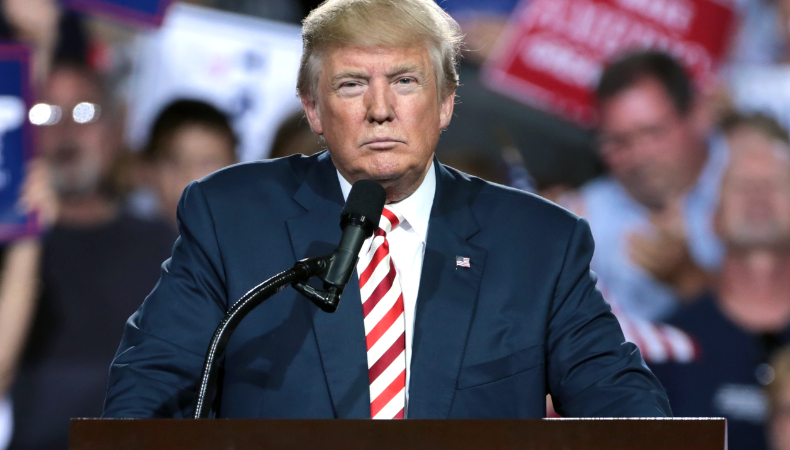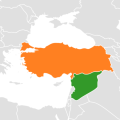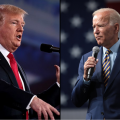What It Means for the Middle East if Donald Trump Becomes the US President Again

Donald Trump’s robust pro-Israel posture was well-known during his presidency. He and Benjamin Netanyahu announced the “Deal of the Century” for Middle East peace in 2020, which mostly benefited Israel. Trump’s most recent remarks on Israel and the Gaza crisis have been erratic, though. Declaring Joe Biden to have abandoned Israel, he attacked him for hiding weapons shipments to that nation. On the other hand, Trump pushed Israel to end the war fast since he said that its actions in Gaza had resulted in a loss of considerable international support.
Referring to Biden’s tactics in Gaza, the attendees yelled “Genocide Joe,” in a campaign rally held in April. Israel saw Trump’s contradictory answer and expressed questions regarding his position. Israel’s political right nevertheless hopes for Trump’s comeback since it believes he would not support a Palestinian state and would let more latitude in their actions against Hamas. Trump’s son-in-law, Jared Kushner, also questioned the acceptance of a Palestinian state, therefore strengthening this view.
Gulf States: New Challenges Amid Old Friends
Warmly greeted, Trump’s first presidential trip in 2016 took him to Saudi Arabia. Despite events like the murder of journalist Jamal Khashoggi, he has lately been close to Crown Prince Mohammed bin Salman. Under their business-oriented strategy and stricter posture on Iran, the Gulf states—led by Saudi Arabia—see Trump as a suitable friend.
Trump would find it difficult, especially with reference to American natural gas exports and commercial ties with China, convincing Saudi Arabia to normalise relations with Israel and in line with their economic interests. Thanks in part for past actions like not supporting Saudi Arabia following the 2019 Iranian attack on their oil installations, the Gulf states today see themselves as independent players in a multipolar world.
Keep On Reading
Iran: Resume “Maximum Pressure”
Under his “maximum pressure” approach towards Iran, Trump withdrew from the Iran nuclear agreement in 2018 and instituted harsh penalties. Iran so started to quicken its nuclear development. Reelected, Trump would probably uphold these sanctions and target Iranian oil exports—which have grown under Biden. A fresh nuclear agreement is doubtful, though, given Tehran’s hardliners and the current geopolitical environment make negotiations challenging.
Because his supporters find such actions unpopular, Trump might not seek airstrikes or an invasion to overthrow the Iranian government. Rather, he would probably carry on Biden’s agenda with more fervent rhetoric.
Iraq and Syria: American Troop Presence Teeters on Edge
With over 160 attacks on American bases by pro-Iranian militias, the Gaza conflict has brought attention back on American forces in Iraq and Syria. Long promising to be ending “endless wars,” Trump had ordered a rapid force withdrawal from north-east Syria in 2019, causing major geopolitical changes in the area.
Reelected, Trump might keep pulling troops out of these areas. This might, however, boost Iran’s Middle Eastern aspirations. If Trump wants to apply “maximum pressure” on Tehran, keeping American troops present could be very crucial.








